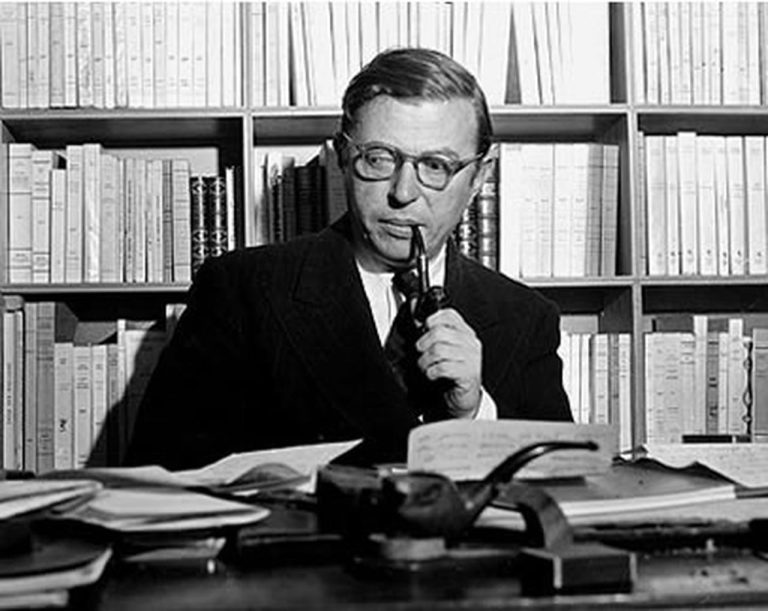Date of Birth: June 21, 1905
Zodiac Sign: Cancer
Date of Death: April 15, 1980
Biography
Jean-Paul Sartre was a renowned French philosopher, playwright, novelist, political activist, biographer, and literary critic. Born on June 21, 1905, in Paris, France, Sartre became a leading figure in 20th-century existentialist thought. He studied at the École Normale Supérieure, where he met fellow philosopher and lifelong companion Simone de Beauvoir. Sartre’s philosophy centered on the concept of existentialism, emphasizing individual freedom, choice, and responsibility. His major works include “Being and Nothingness” (1943), “Nausea” (1938), and the play “No Exit” (1944). Sartre was awarded the Nobel Prize in Literature in 1964 but famously declined it, stating that a writer should not allow himself to be turned into an institution. He was also deeply involved in political activism, supporting various causes including Marxism, anti-colonialism, and human rights. Sartre passed away on April 15, 1980, in Paris, leaving behind a profound intellectual legacy.
5 Interesting Facts about Jean-Paul Sartre
1. Sartre was awarded the Nobel Prize in Literature in 1964 but declined it.
2. He was a lifelong companion of fellow philosopher Simone de Beauvoir, although they never married.
3. Sartre was a prominent figure in the French Resistance during World War II.
4. He was an advocate for existentialist Marxism and supported various political causes, including anti-colonial movements.
5. Sartre’s novel “Nausea” is considered one of the key texts in existentialist literature.
5 Most Interesting Quotes from Jean-Paul Sartre
1. “Man is condemned to be free; because once thrown into the world, he is responsible for everything he does.”
2. “Hell is other people.”
3. “Existence precedes essence.”
4. “Freedom is what you do with what’s been done to you.”
5. “We are our choices.”
Highest Net Worth Achieved
Jean-Paul Sartre’s highest net worth is not well-documented, but as a prominent intellectual and writer, he achieved considerable financial success through his works and public engagements.
Children
Jean-Paul Sartre did not have any biological children. However, he had a close relationship with Arlette Elkaïm-Sartre, whom he adopted as his daughter later in life.
Relevant Links
1. [Jean-Paul Sartre – Wikipedia](https://en.wikipedia.org/wiki/Jean-Paul_Sartre
3. [Internet Encyclopedia of Philosophy – Jean-Paul Sartre](https://iep.utm.edu/sartre-jp/
5. [Biography – Jean-Paul Sartre](https://www.biography.com/writer/jean-paul-sartre

